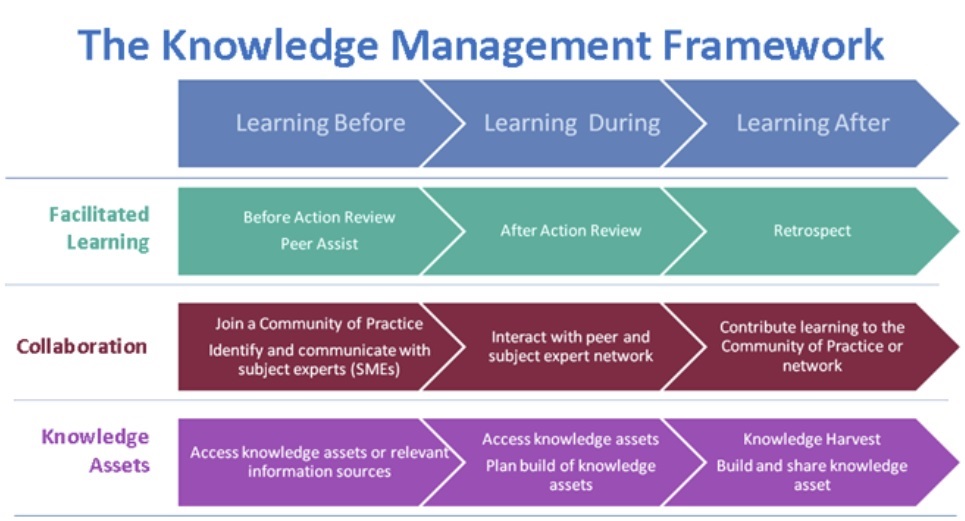
In the competitive legal landscape, staying ahead of the game requires not only legal expertise but also efficient knowledge management practices. The top 100 Am Law firms, known for their prestigious reputation and high-profile clients, are constantly evolving and leveraging cutting-edge knowledge management strategies to drive success. In this article, we will explore the thriving trends in knowledge management that are transforming the way Am Law firms operate and deliver value to their clients.
- Embracing Technology: Am Law firms are increasingly adopting advanced technologies to streamline their knowledge management processes. From sophisticated document management systems to artificial intelligence-powered analytics tools, technology is revolutionizing how firms capture, organize, and leverage knowledge. These technologies enable firms to efficiently manage vast amounts of data, automate routine tasks, and gain insights from data analytics, resulting in improved productivity, accuracy, and decision-making.
- Collaboration and Cross-Functional Integration: Successful Am Law firms recognize the power of collaboration and integration across different practice areas and departments. Knowledge management is not limited to a single team or department but is seen as a firm-wide effort. Firms are breaking down silos and fostering a culture of collaboration where attorneys, paralegals, IT professionals, and other stakeholders work together to capture, organize, and share knowledge. This collaborative approach ensures that valuable insights and expertise are shared across the firm, leading to enhanced client service, increased efficiency, and better outcomes.
- Customized Knowledge Solutions: Am Law firms are tailoring their knowledge management strategies to meet the unique needs of their practice areas and clients. One-size-fits-all approaches are no longer effective, and firms are leveraging customization to create knowledge solutions that align with their specific practice areas and client requirements. This includes creating practice-specific knowledge repositories, developing industry-specific templates, and using customized search tools to retrieve relevant information quickly. Customized knowledge solutions enable firms to deliver targeted and efficient services to their clients, thereby enhancing their competitive edge.
- Training and Education Programs: Am Law firms are investing in robust training and education programs to equip their attorneys and staff with the necessary knowledge management skills. Training programs cover a wide range of topics, including information governance, legal research techniques, and effective use of technology tools. These programs not only help in enhancing the technical proficiency of the firm’s workforce but also foster a culture of continuous learning and improvement.
- Leveraging External Knowledge: Top Am Law firms are not just focusing on internal knowledge, but also actively leveraging external knowledge sources. This includes partnering with external vendors for specialized expertise, utilizing industry databases, and tapping into external legal research platforms. By integrating external knowledge sources into their knowledge management practices, firms can access a broader range of insights, stay updated with the latest legal developments, and deliver comprehensive and up-to-date solutions to their clients.
- Focus on Data Security and Compliance: With the increasing importance of data privacy and security, Am Law firms are prioritizing robust data security measures and compliance with industry regulations. This includes implementing encryption protocols, access controls, and other security measures to safeguard sensitive client information. Firms are also ensuring compliance with data privacy regulations, such as GDPR and CCPA, to protect client data and maintain the trust of their clients.
- User-Centric Design: Successful knowledge management in Am Law firms is focused on providing user-friendly and intuitive solutions that cater to the needs of attorneys and staff. User-centric design principles are being applied to create knowledge management systems that are easy to navigate, search, and retrieve information from. User feedback is actively sought and incorporated into system design and updates to ensure that the knowledge management tools are efficient, effective, and user-friendly.
- Change Management: Implementing successful knowledge management practices requires a change in mindset and culture within the firm.



